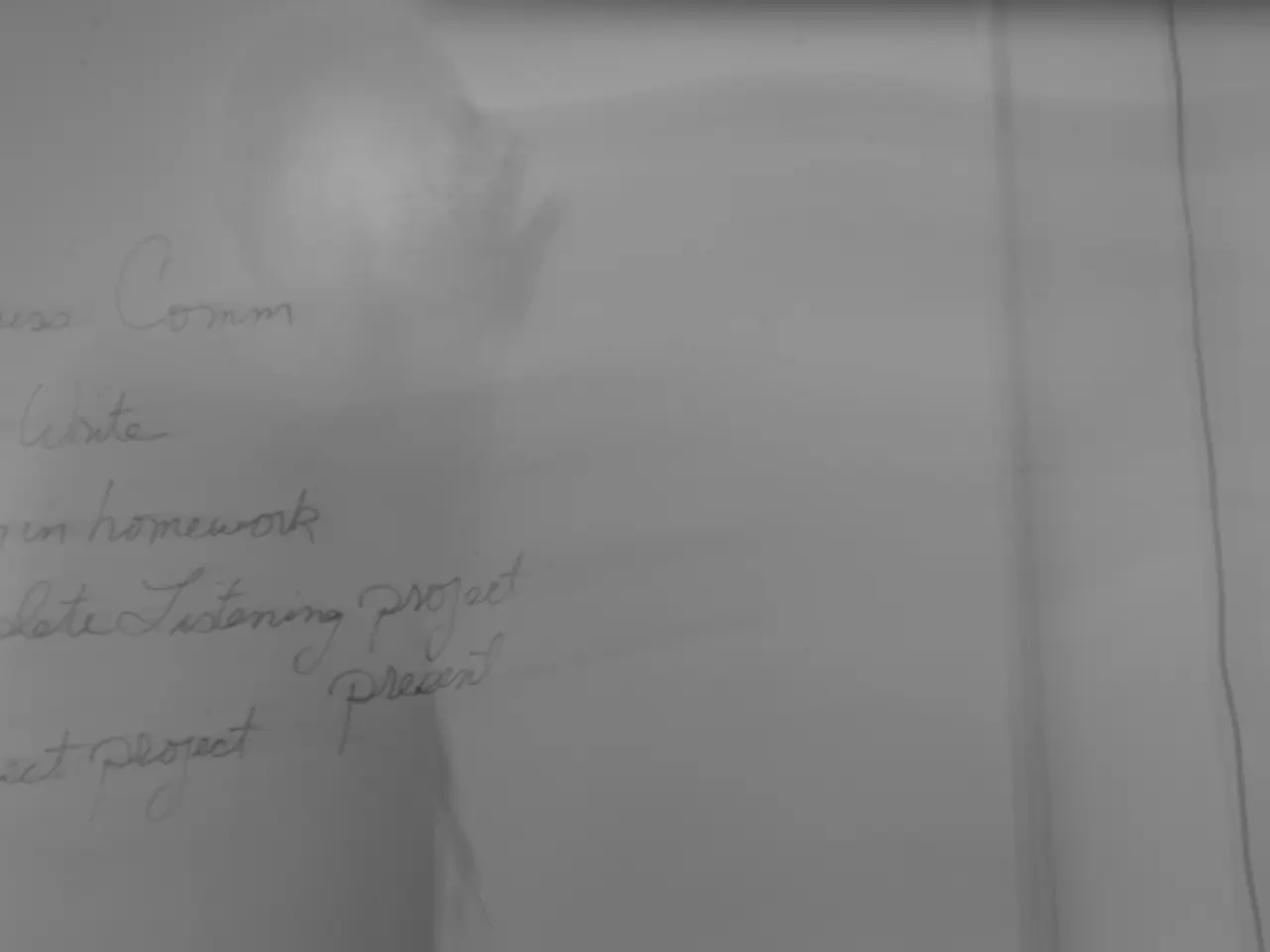National Administration - Uplifted National Spirits?
In the two months since Chancellor Friedrich Merz took office in May 2025, public sentiment towards his government has evolved significantly, with a mix of approval and disapproval.
**Factors Shaping Public Opinion**
One of the key factors influencing public sentiment is the perceived performance of the government. According to a Forsa Institute poll, only 38% of respondents expressed satisfaction with the government's performance, while 58% were dissatisfied. This dissatisfaction extends to Merz himself, whose approval rating has dropped from 42% to 35% since he assumed office.
Another significant driver of dissatisfaction is the government's refusal to lower the electricity tax. This issue has been a hot topic of debate and criticism, particularly among the public.
Trust in the federal government among younger Germans, aged 18 to 30, has also been declining, reflecting a broader trend of skepticism towards the government's legitimacy and transparency.
The political debate environment has also been marked by heated attacks and partisan conflict, contributing to a polarized political atmosphere that negatively impacts public perception.
Chancellor Merz has pledged reforms in housing, education, and social policy, including a welfare reform called Bürgergeld ("citizen's income") aimed at supporting those truly in need. However, these policy initiatives and reforms have been contentious issues among the public and political parties.
**Evolving Public Sentiment**
Initially, Merz's approval ratings rose moderately due to perceived effective foreign policy and initial optimism about economic policies. However, this initial boost was short-lived. After the first month, approval began to decline amid growing dissatisfaction with the government's handling of domestic issues, economic concerns such as taxation, and a general feeling that the government is not addressing critical problems effectively.
Election trend data from mid-July 2025 show the CDU/CSU leading with roughly 27.4% of voter support, but the government parties collectively have only 48% of the vote share, indicating an electorate that is divided and critical, with rising support for opposition parties like AfD and Die Linke.
In summary, public sentiment towards the German federal government under Friedrich Merz is shaped by dissatisfaction with domestic policy performance, economic issues such as electricity taxation, generational trust deficits, and polarized political debates. While Merz initially enjoyed some popularity gains largely due to foreign policy moves, approval ratings have since declined as public concerns over pressing national issues remain unaddressed according to multiple polls and studies. The German Chamber of Industry and Commerce shares a similar view, with 71% of respondents somewhat or completely disagreeing with the chancellor's view. The Federal Association of Consumer Centres has also criticised the coalition for not lowering the electricity tax for everyone as promised.
- The disagreement regarding the government's failure to lower the electricity tax and the controversial welfare reform known as Bürgergeld are key elements of the general-news topic, creating controversy and fueling the political debates.
- The drop in Chancellor Merz's approval rating from 42% to 35% is linked to policy-and-legislation issues, such as the government's perceived mishandling of domestic issues, increasing dissatisfaction in the public, and negative sentiments among younger Germans regarding the government's transparency.








